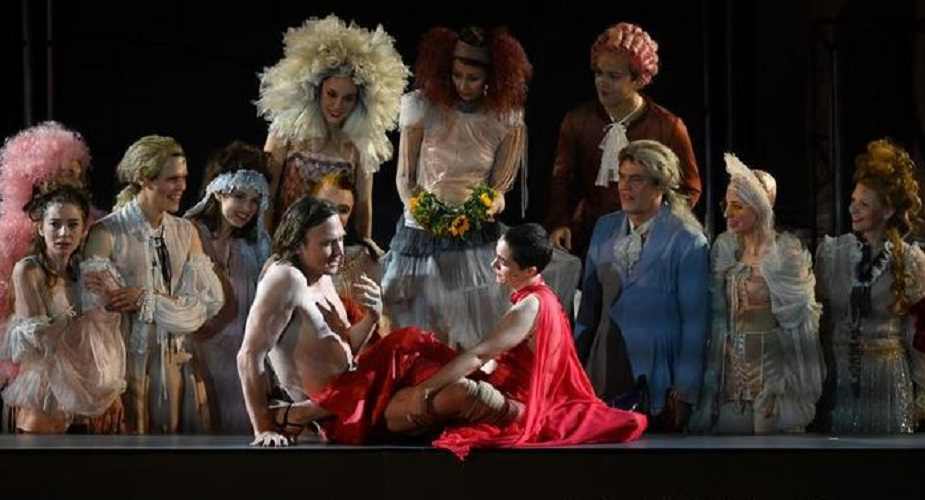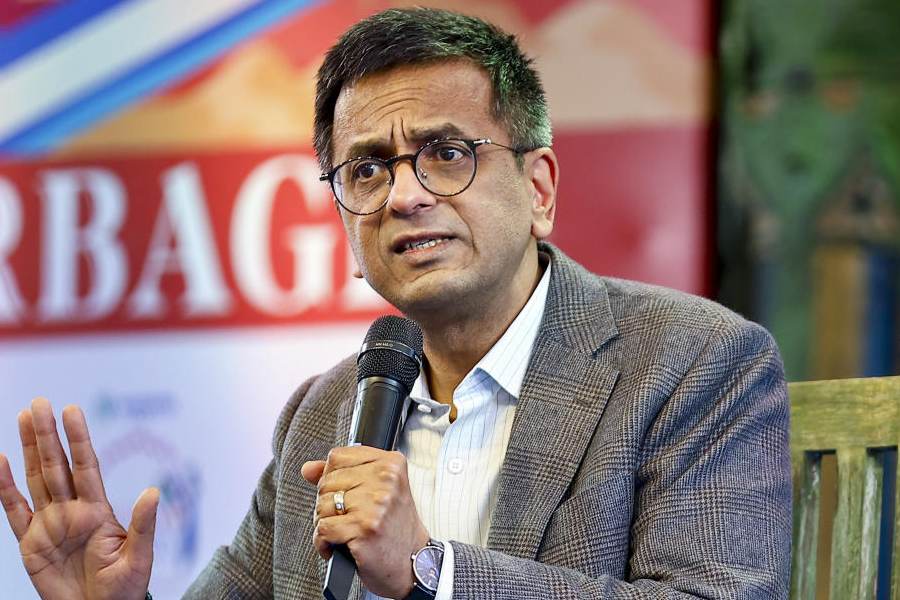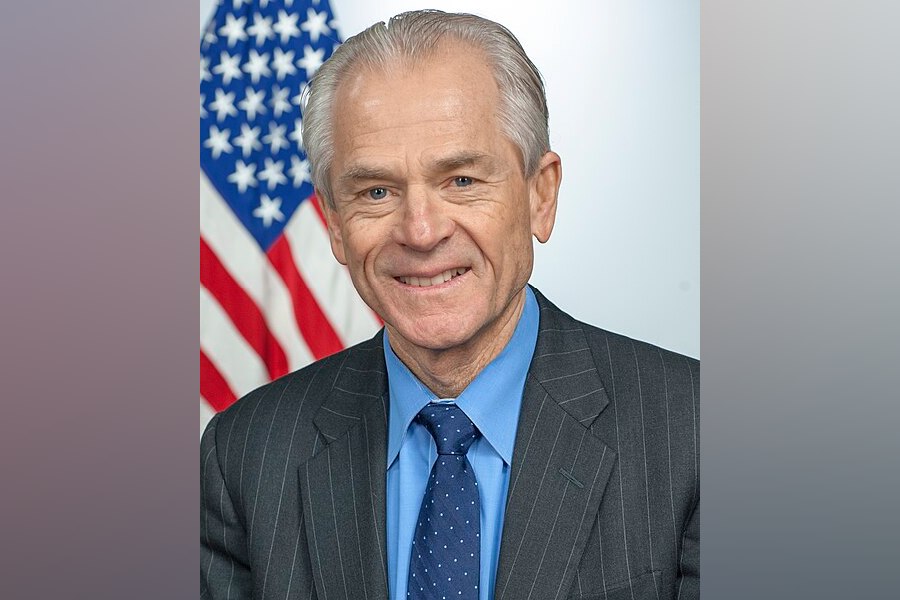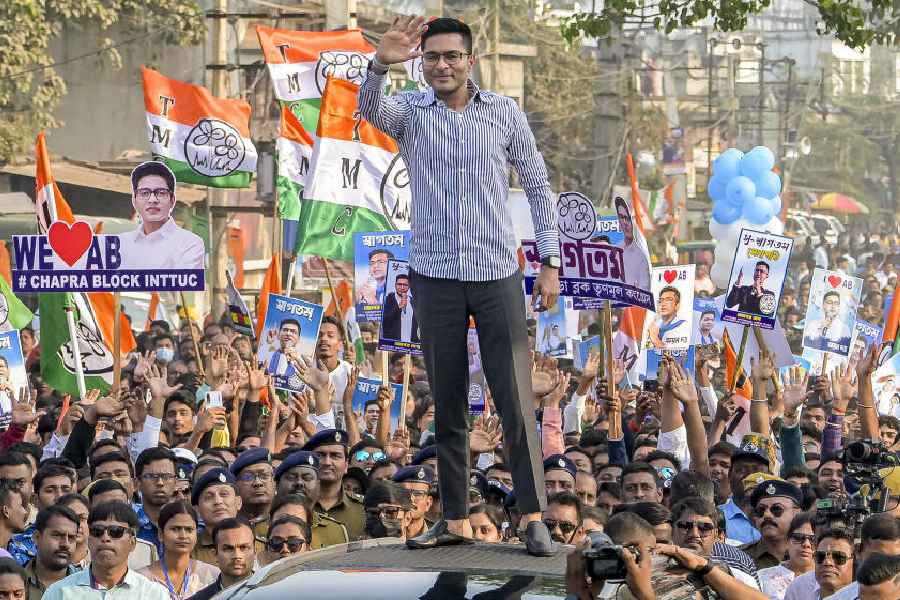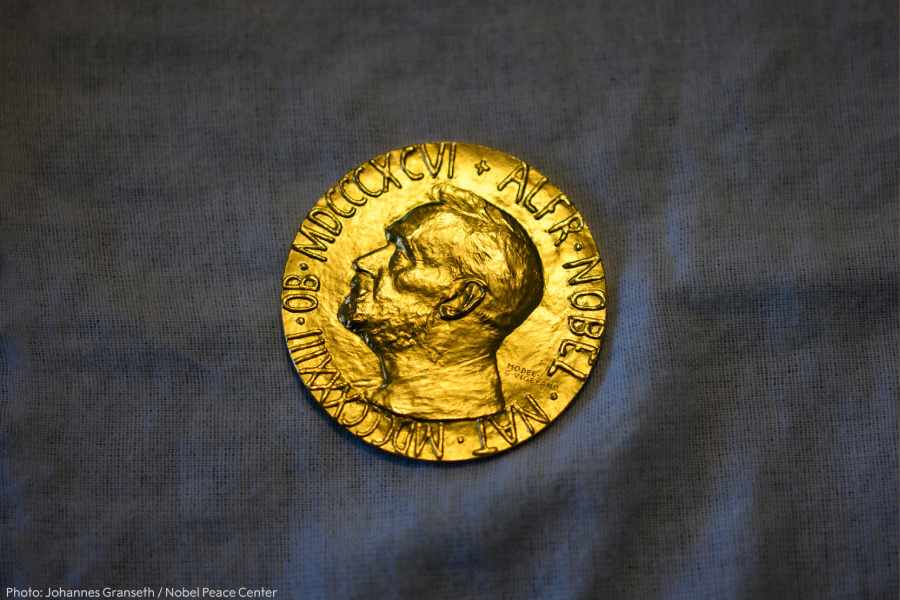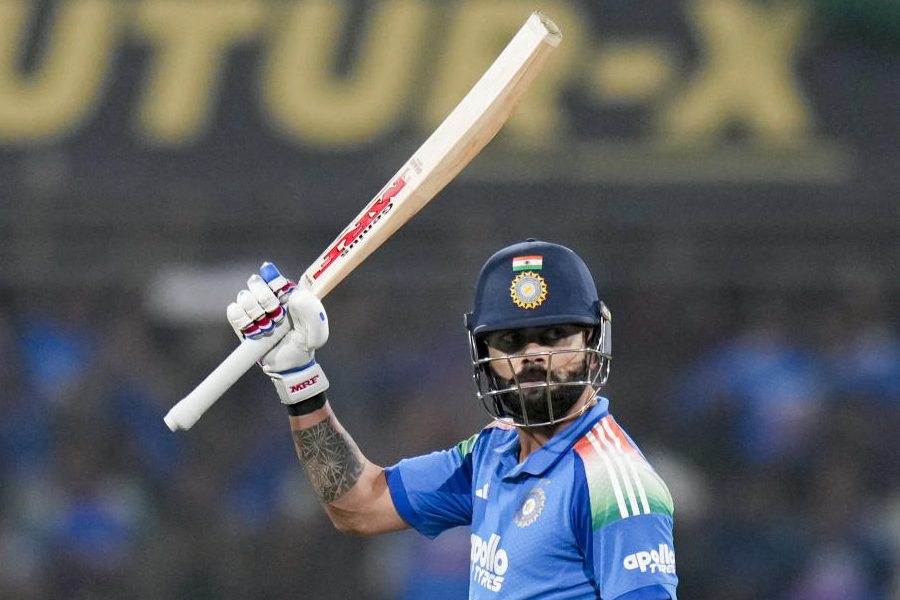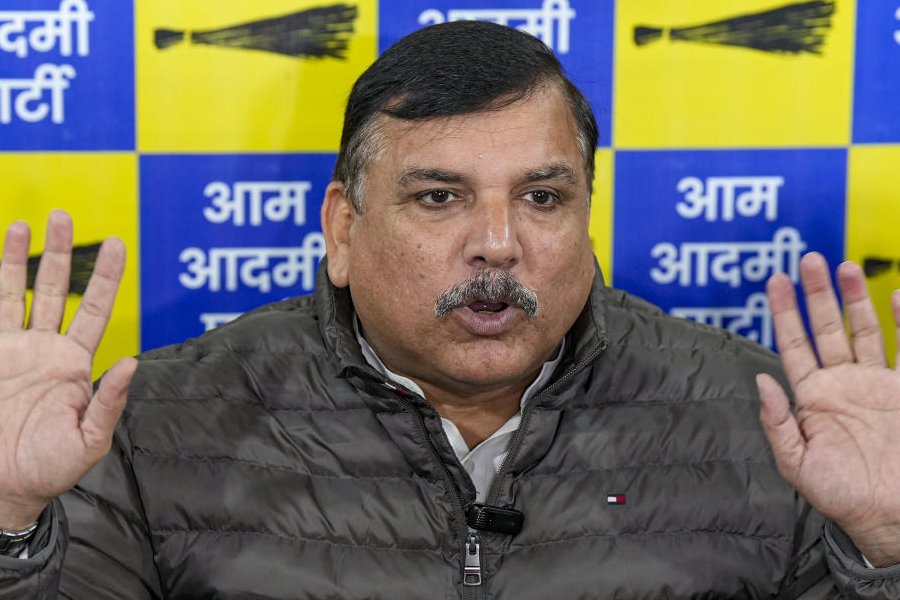It is definitely more pleasant when the discussion around a prominent music festival includes promising productions, big stars and new ideas.
But the war in Ukraine is casting its shadow on Salzburg's famous Summer Festival. The event has been a topic of discussion for weeks after it was clear that its organizers had accepted money from companies close to Putin. Causing further controversy is a Russian's bank financial support for star conductor Teodor Currentzis and his orchestra, MusicAeterna.
Star line-up at the Salzburg Summer Festival 2022
The Salzburg Summer Festival is one of the most important cultural festivals in the world. From July 18 to August 31, 174 opera and theater productions and concerts take place at 17 venues across the alpine Austrian town.
This year's event features premieres and new interpretations of big operas, including Rossini's "The Barber of Seville," Verdi's "Aida," Mozart's "The Magic Flute," and Puccini's operatic cycle "Il Trittico" (The Triptych), featuring the successful Lithuanian soprano Asmik Grigorian.
Internationally renowned conductors like Andris Nelsons, Riccardo Muti or Daniel Barenboim will conduct the Vienna Philharmonic Orchestra. The German actor Lars Eidinger will play the role of "Everyman" as he did last year in Hugo von Hofmannsthal's piece of the same name. "Everyman" is about a person who first thinks about the mistakes he committed in his lifetime while facing death.
Like every year, the 2022 Festival will open at the St. Stephen's Square in Vienna.
Teodor Currentzis and his ties to Russia
Greek-Russian conductor Teodor Currentzis and Italian director Roman Castellucci are teaming up for the third year running to present Carl Orff's oratorial opera, the ominous-sounding "The Play of the End of Times."
But anticipation regarding the play, performed by a choir and orchestra as well as 100 percussion instruments from different musical cultures, has been soured by the discussion around Currentzis and his Russian sponsors.
For long, there has been criticism that the Salzburg festival was accepting financial assistance from Russian sponsors despite the Ukraine war. Currentzis himself and his orchestra MusicAeterna is being sponsored by a Russian bank, which is currently on the European list of sanctions.
Festival loyal to Currentzis
After pressure from Ukraine's ambassador to Germany at the time, Andriy Melnyk, the Vienna Concert Hall canceled a charity concert for Ukraine being conducted by Currentzis. The director general of the Salzburg Summer Festival, Markus Hinterhäuser, had told the Austrian newspaper The Standard that they were not planning to let Currentzis go. "He was one of the most prominent voices for the director Kirill Serebrennikov, who was under house arrest," Hinterhäuser said.
Already in March after Russia invaded Ukraine, Markus Hinterhäuser had said on Austrian radio that it wasn't necessary to suspect all Russian artists and one needed to consider that those speaking against Putin would face huge punishments in Russia.
At the time, there was discussion about cancelling events with Russian conductor Valery Gergiev, a friend of Putin, and the soprano Anna Netrebko.
'Toxic' sponsor money at the festival
The festival itself is sponsored, among others, by a foundation created by the Russian oligarch Leonid Michelson, the main shareholder of the Russian petrochemical company, Sibur. Sibur is however not in the EU's list of sanctions. "If something changes there, we will naturally cut our ties with the foundation," Hinterhäuser told "Standard."
He also said his institution was being pushed into some kind of a villains' club. "It's as if the classical music festival is being exclusively sponsored by toxic money, as if the world of classical music were Putin's shadow empire. That is as laughable as it is untrue," he commented.
It's different in the case of the mining company Solway, which has its headquarters in Switzerland. The festival parted ways with the firm on July 5. Solway had, above all, sponsored the children's and youth program at the festival. Accusations against the company included not only contact with employees at the Kremlin, but also causing environmental hazards, corruption, human rights abuses in a nickel mine in Guatemala and intimidation and persecution of critical journalists and activists.
The company was unable to contradict the accusations until the begin of the festival, which is why the sponsorship contract was canceled by "mutual consent."
Ilya Troyanov to hold opening speech
The fact that festival organizers intensively engaged with the subject of war in Ukraine, apart from the sponsorship problems, is evident in their choice of the keynote speaker who will open the festival on July 26.
The German writer Ilya Troyanov has been chosen for this honor. He last spoke in favor of a boycott of oil and gas from Russia.
The Bulgarian-born author will speak on the topic of "The sound of war, the keys of peace." Troyanov has lived in many countries, engaged with different cultures, and is considered a dedicated observer and critic of corruption and intolerance.
War, climate and COVID
Contemporary problems are also being taken into consideration in the festival's productions. As Mozart's "The Magic Flute" was being newly produced after first being presented in 2018, director Lydia Steier pointed out at a recent panel that the world has changed since the premiere: "We have all lost something — in the best case only time and money, in the worst case a human being or our health," she said, referring to the COVID pandemic.
She said they had a young team that was engaging with current topics. "Not only with war, but also with, for example, the question: Is the role of Pamina anti-women?" [Pamina is the kidnapped daughter of the queen in Mozart's "The Magic Flute"].
Since the beginning of this season, the festival has a new president, Kristina Hammer. Her predecessor Helga Rabl-Stadler's parting words, published on the festival's website reflect the ambitions of the festival: "I firmly believe that art can help reorient our world that has gone out of whack," adding that in 2022, opera, theater and concerts need to be asking the right questions and sparking imaginative new solutions.
(This article was originally written in German)

